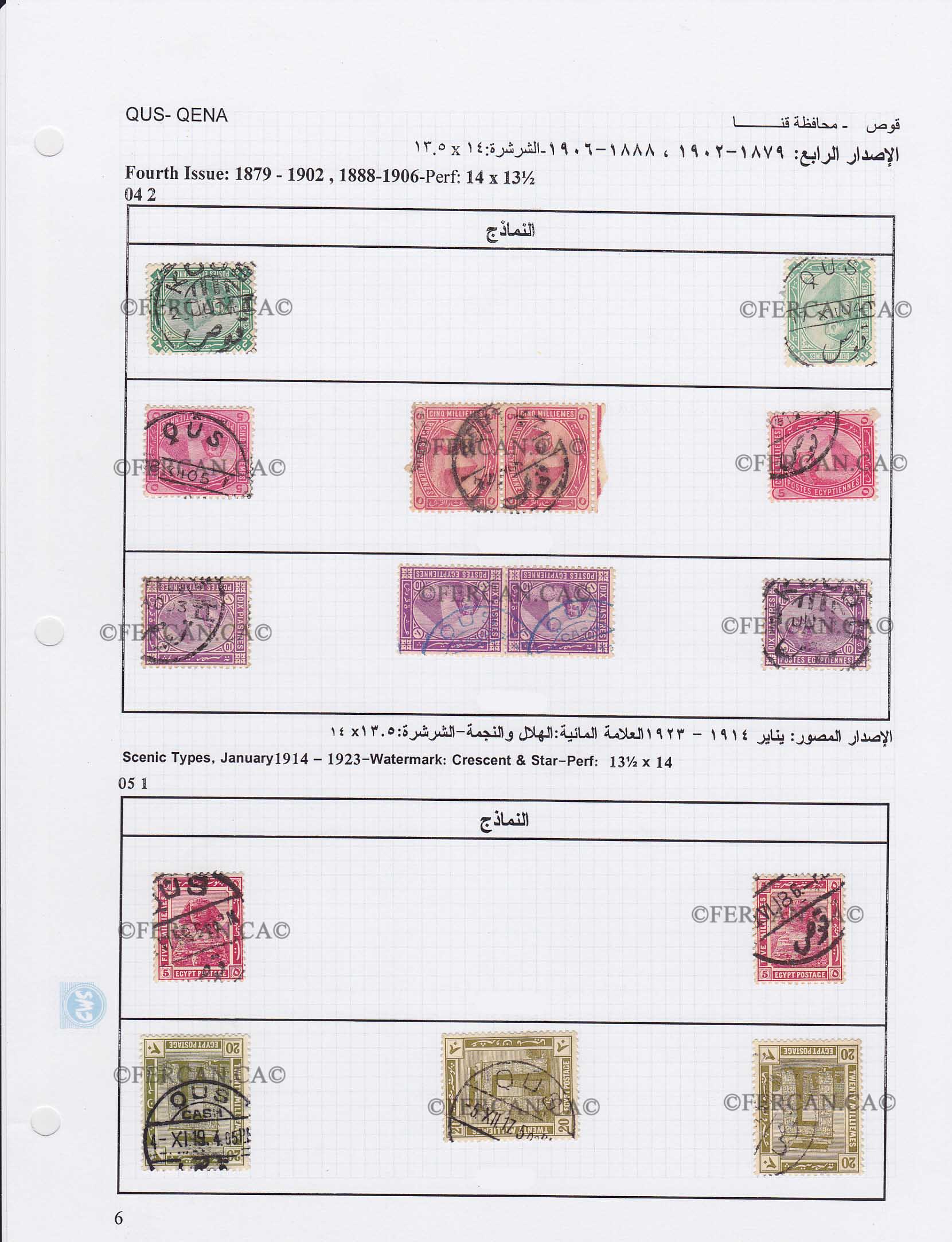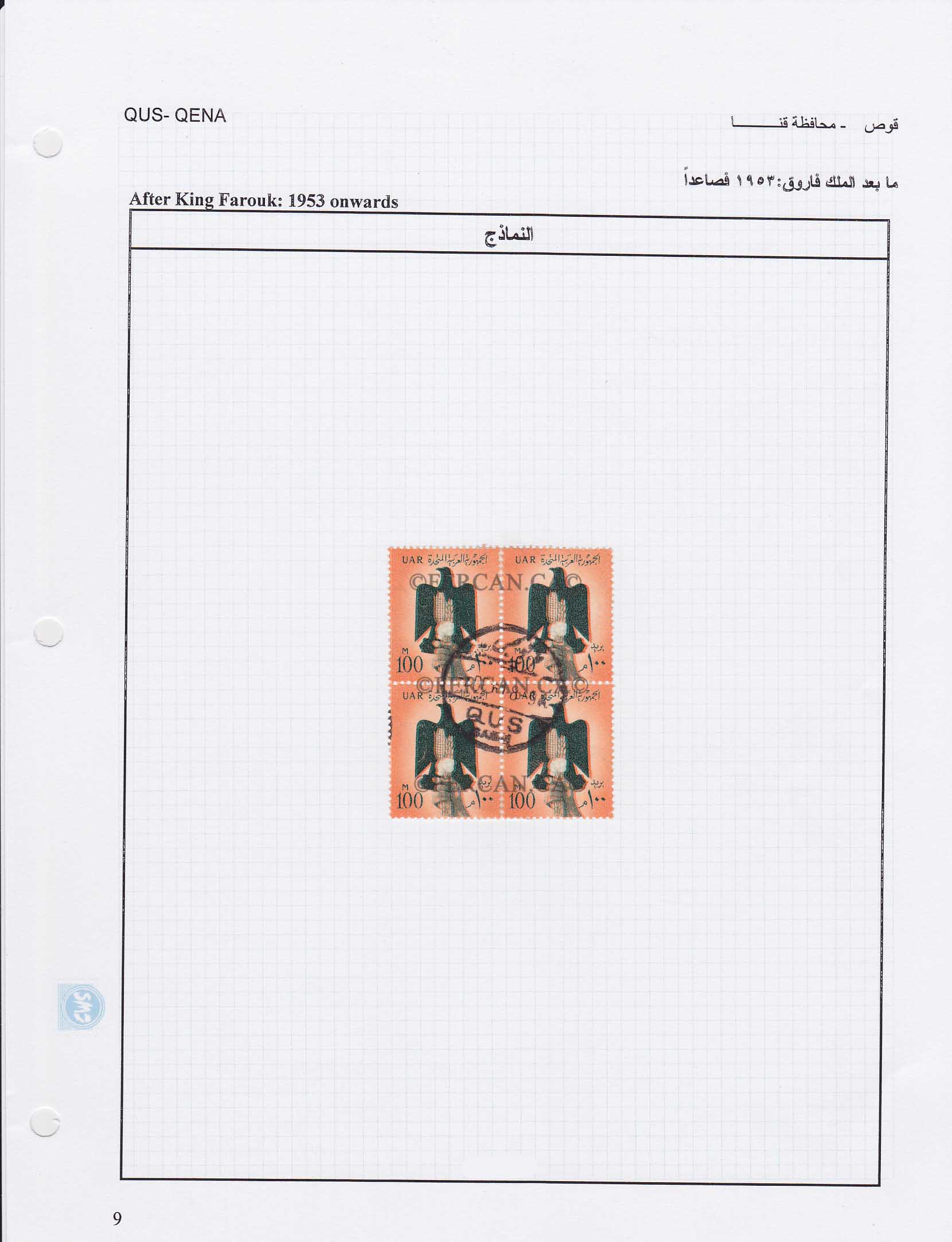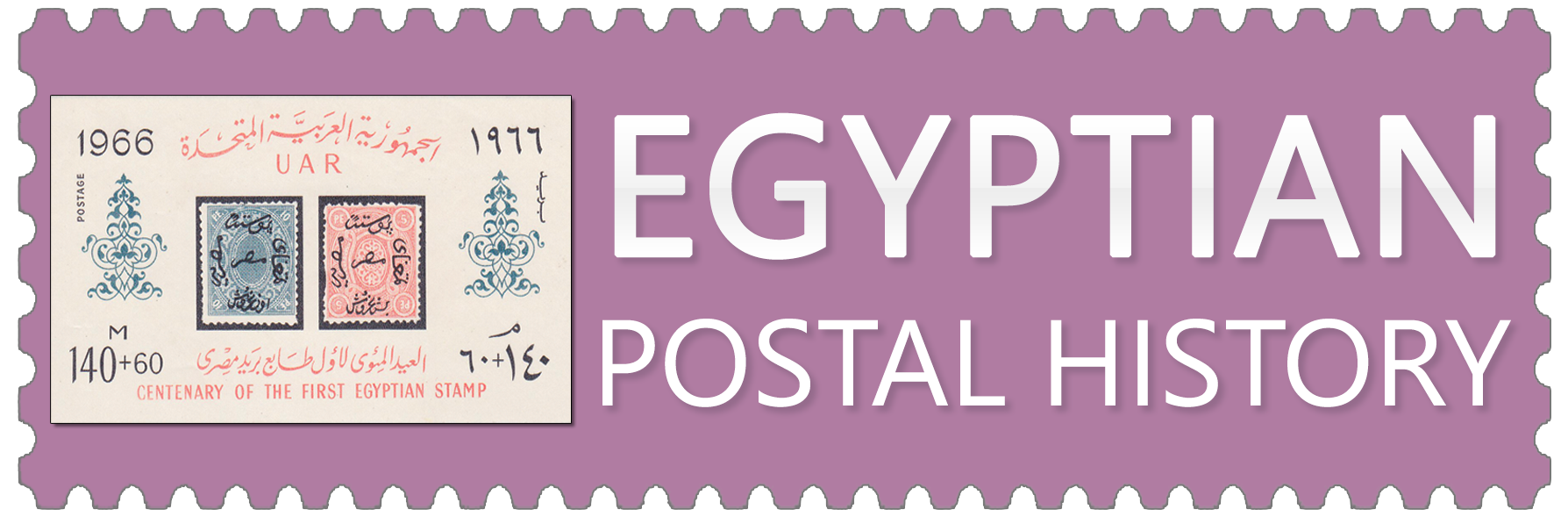Qous is a city and center in Qena governorate. It is located in the Eastern Coast of the Nile.
Qous was the capital of Upper Egypt and the crossing point of Hajji (pilgrims) to the Red Sea. Abbas Mahmoud Al-Aqad wrote, "There is no fully informed district in the Nile Valley, in the Arabic references after Cairo and Alexandria, except for Qous." However, in other references, Qous is the ancient Pharaonic city of ‘Qiset’ and, in Greek, the Land of Apollo (god of the arts). Because Apollo for Greek correlated with the great idol Horus that the ancient Egyptians thought was born in Qous. Many historians and travelers have mentioned Qous. Al-Sharif Al-Idrisi visited Qous and mentioned it in his book ‘The Yearning Trip in Penetrating Horizons.’ He wrote: "Qous is a large city." ". In addition, it is mentioned by Yaqout AlHamawy and Ibn Jubair as the latter said about it "this city is full of markets, wide facilities and a lot of population because of the abundance of the exportation and importation of AlHajaj, Yemen and Indian traders and Ethiopian commercials because it is destination of all, the station of travelers and the place of assembly of companions." The scholar El-Qalqashandy says, in his encyclopedia, "It is a grand city, on the eastern shore of the Nile, of distinguished houses, jaunty homes, schools and lavatories where the scholars, traders and capitalists live. As well, it has pleasant orchards."
Monuments
The Amrian Mosque in Qous is one of the ancient mosques built in the style of Al-Azhar Mosque. There are also some Pharaonic antiquities.






